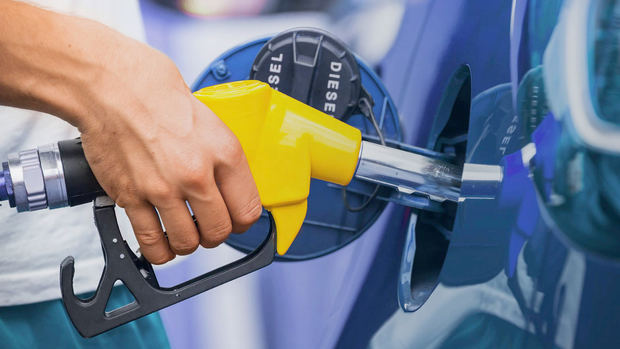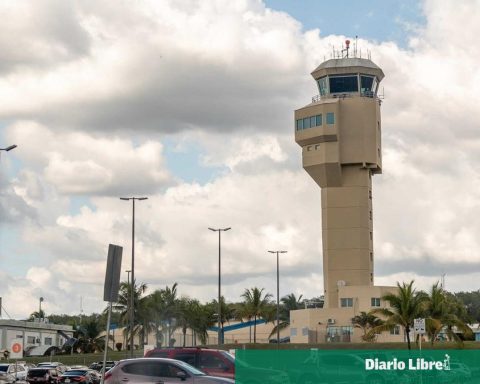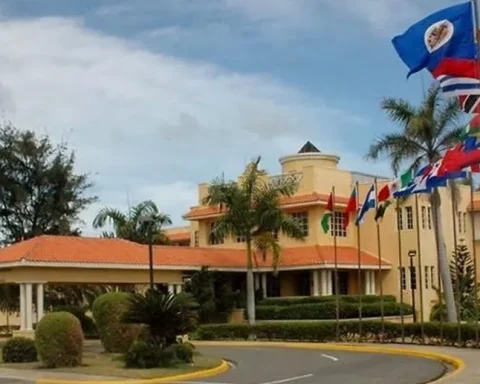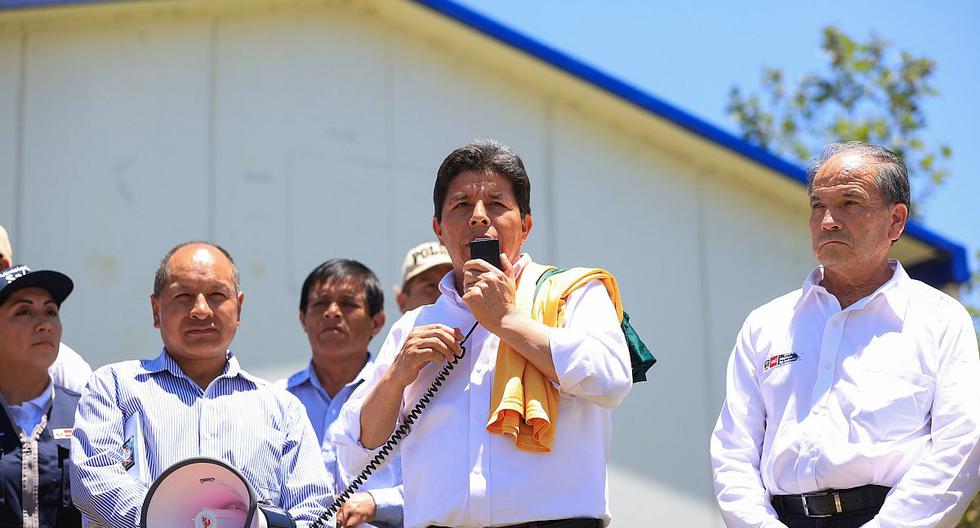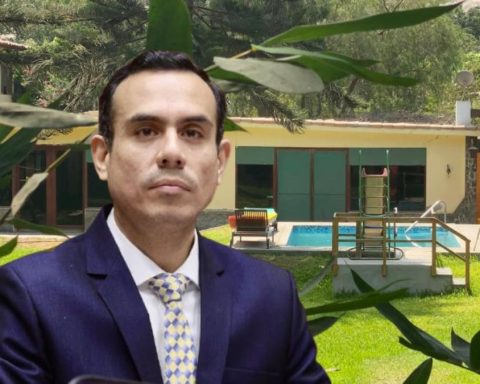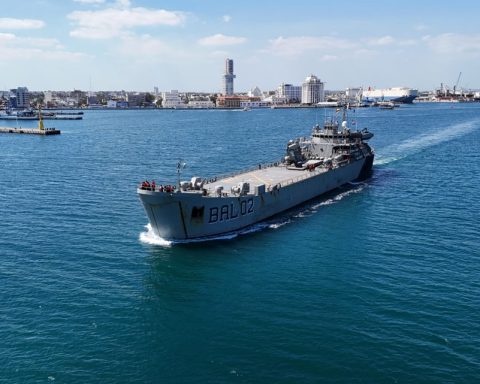After months of scarcity, fuel returned to gas stations in Haiti this Saturday to the relief of drivers, although at higher prices, as authorities had announced at the time.
The rise in prices is the main complaint of those who, aboard their cars or motorcycles, line up to buy fuel. They wait patiently, without arguments, confrontations or jostling for their turn to fill the tank, something unthinkable for months in a Haiti mired in violence and in an acute social, political and economic crisis.
RELIEF IS INTERMIXED WITH COMPLAINTS ABOUT THE PRICE
“I am happy to be able to find fuel at the pumps again, but it should be at the previous price of 250 gourdes (1.8 dollars at the current exchange rate),” Nenel, 43, tells EFE at a gas station in Lalue, not far away. of the National Palace, in Port-au-Prince.
As announced last September by the Haitian Prime Minister, Ariel Henry, which provoked massive and violent anti-government protests, now a gallon of gasoline costs 570 gourdes ($4.13), 670 for diesel ($4.85) and 665 gourdes. paraffin ($4.82).
Despite this, Haitians are relieved, to the point that they have baptized this Saturday with the name “National Fuel Day.”
As Stevenson Geffrard, 28, who has been driving a motorcycle for a short time, tells EFE, the fact that fuel is available “is in our favor, for me it is a good thing. Due to the high prices on the black market (to be able to acquire it), motorcycle and car drivers were left without work.
Nearby, Nenel, aboard the motorcycle with which he has been working for more than ten years, remembers that he stopped doing it for a month, but then he had to look for fuel at whatever price it was on the black market because he has a wife and children. what to feed
He came to pay 4,500 gourdes per gallon (32.6 dollars) and even in some regions of Haiti the price was close to 5,000 gourdes (36.2 dollars).
Not all gas stations opened their doors today, while in others that did, the police presence was clearly visible.
There is also a greater number of people, cars and public transport vehicles on the streets of Port-au-Prince, which contrasts with the emptiness of previous Saturdays in the metropolitan area of the city. This leads to predict a possible resumption of activity at a normal rate, after months running in slow motion.
All this in the midst of the continuous deterioration of security: the more than 200 armed gangs that exist control more territory every day and, in the battles waged by these groups in Artibonite, more than thirty people have died in just a few days.
THE VARREUX OIL TERMINAL, UNBLOCKED
The return of fuel to the pumps has been possible after the unblocking of the main oil terminal in the country, paralyzed for weeks by the powerful coalition of armed gangs G9, led by former police officer Jimmy Cherisier, who announced a few days ago that it was ending to that action without having negotiated anything with the authorities.
In the last three days, 389 tank trucks have left, full of fuel, from the Varreux terminal to supply the country’s gas stations, to which 1,890,300 gallons of diesel and 1,230,234 gallons of gasoline have arrived, although first fuel was supplied to hospitals.
The Varreux Terminal has 70% of Haiti’s fuel storage capacity and the other 30% is distributed throughout the rest of the country.
The Government has decreed Wednesdays, Thursdays and Fridays as refueling days at gasoline pumps, while Saturday will be used for fuel distribution.
The blockade of Varreux led to an unprecedented humanitarian crisis in the country, given that the lack of fuel forced the closure of some hospitals, in the midst of the cholera outbreak in Haiti.
Likewise, it made it impossible to reopen schools, led dozens of people to unemployment as institutions and companies were closed, and slowed down to almost paralyze activities.
In addition, the lack of fuel caused the cost of basic necessities to skyrocket, the prices of which have doubled and even tripled, as well as those of public transport.
“We have to recover food prices (…) People have nothing to pay with,” says Nenel as, with the tank already full, he pushes his motorcycle away. EFE
